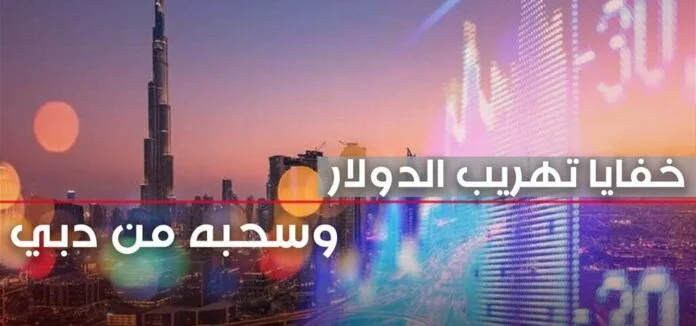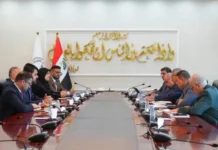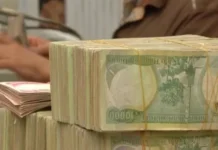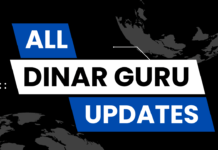
While he confirmed that the Iraqi banks are “unstable” and exchange dollars and do not offer types of assistance to the Iraqi resident, political expert Rafid Al-Atwani examined, today, Wednesday, August 14, 2024, the banks in Iraq, especially the confidential ones, due of the signs of debasement and the dollar pirating activities abroad that rotate around them.
Al-Atwani said in an interview that the bank has been accused of corruption and that overall its reputation in Iraq is “very bad,” especially for the private branch. hint of fact, the fines placed on more than fifteen banks hint to actual corruption.
Many people from the Place of Agents confirm that the dollar given by the National Bank of Iraq is significantly shaped by Jordanian and Qatari institutions. The evidence for this is that when public authority of Mohammed Shia al-Sudani was shaped, the different sides—the Government and Iraqi National Banks—conagurated that the method involved with sending out or buying products (a great portion of which are tax evasion) would be through the Quick stage that all nations work on, which is a strong and sound association that screens the development of the dollar and helps to prevent illegal tax avoidance that damages worldwide exchange. Still, after more than a year, these institutions clearly deviate from these standards and deliberately launder money in line with dealers and also pilfers the funds via the immediate dollar deal window.
He notes that although the Central Bank of Iraq gets ninety percent of the dollar, just thirty percent of it is really used for export processing. Consequently, more than sixty percent of the money is either imported into the nation or laundered money-wise.
According to Al-Atwani, these indicators reveal that the National Bank’s administration and the Iraqi banks are “unstable” and have not benefited the Iraqi state. Actually, we have not regulated the dollar’s trading against the Iraqi dinar; so, more than one bank is associated with political personalities or agents.
The political analyst claims that this scenario implies that Iraqi banks are unsound, trade in dollars, and do not provide services to Iraqi citizens like advances and commercial loans. The most impacted by favoritism in loan talks and favoring of powerful political players are the Iraqi people, the value of the dinar, and Iraq’s external image. He said that according to a claim made by a Money Board of Trustee, the debasement of Jordanian banks during the period of time spent reusing the dollar results in excess of 1,000,000 bucks every day.
Alsumaria News was told in the meantime from a reliable source that “one of the banks operating and is not punished is withdrawing dollars through electronic energies at the official price in Dubai, and transferring them to Iraq to be sold in the market at the parallel price.”



